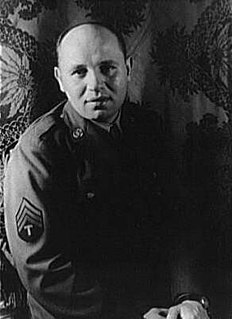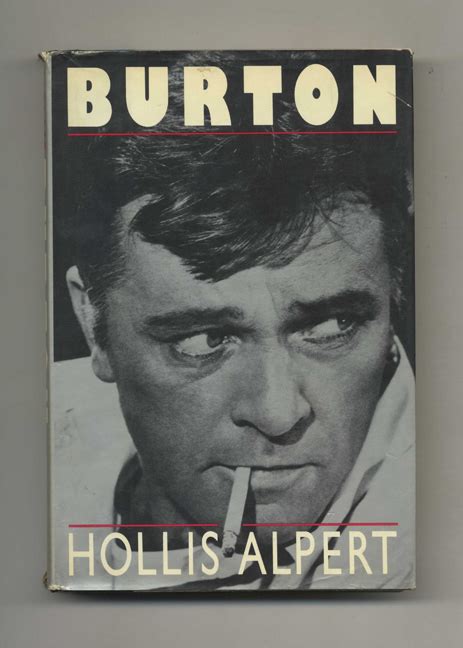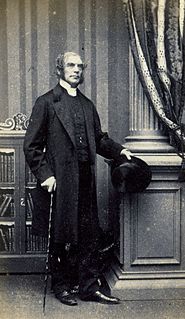A Quote by Romare Bearden
Practically all great artists accept the influence of others. But... the artist with vision sees his material, chooses, changes, and by integrating what he has learned with his own experiences, finally molds something distinctly personnel.
Related Quotes
You have to get beyond your own precious inner experiences. The actor cannot afford to look only to his own life for all his material nor pull strictly from his own experience to find his acting choices and feelings. The ideas of the great playwrights are almost always larger than the experiences of even the best actors.
In my case, I think my exile saved my life, for it inexorably confirmed something which Americans appear to have great difficulty accepting. Which is, simply, this: a man is not a man until he is able and willing to accept his own vision of the world, no matter how radically this vision departs from others.
Everyone holds his fortune in his own hands, like a sculptor the raw material he will fashion into a figure. But it's the same with that type of artistic activity as with all others: We are merely born with the capability to do it. The Skill to mold the material into what we want must be learned and attentively cultivated.
When a jealous person sees signs of other people's success and good fortune, his heart is pierced with envy. But someone who has learned to rejoice in the good fortune of others experiences only happiness. Seeing another person's beautiful house or attractive partner immediately makes him happy - the fact that they are not his own is irrelevant.
The great artist when he comes, uses everything that has been discovered or known about his art up to that point, being able to accept or reject in a time so short it seems that the knowledge was born with him, rather than that he takes instantly what it takes the ordinary man a lifetime to know, and then the great artist goes beyond what has been done or known and makes something of his own.
It is then, we say, in the successive stages of his experience, that the believer sees more distinctly, and adores more profoundly, and grasps more firmly, the finished righteousness of Christ. And what is the school in which he learns his nothingness, his poverty, his utter destitution? The school of deep and sanctified affliction. In no other school is it learned, and under no other teacher but God. Here his high thoughts are brought low, and the Lord alone is exalted.
When the father dies, he writes, the son becomes his own father and his own son. He looks at is son and sees himself in the face of the boy. He imagines what the boy sees when he looks at him and finds himself becoming his own father. Inexplicably, he is moved by this. It is not just the sight of the boy that moves him, not even the thought of standing inside his father, but what he sees in the boy of his own vanished past. It is a nostalgia for his own life that he feels, perhaps, a memory of his own boyhood as a son to his father.
Clearly the hardest thing for the working artist is to create his own conception and follow it, unafraid of the strictures it imposes, however rigid these may be... I see it as the clearest evidence of genius when an artist follows his conception, his idea, his principle, so unswervingly that he has this truth of his constantly in his control, never letting go of it even for the sake of his own enjoyment of his work.







































